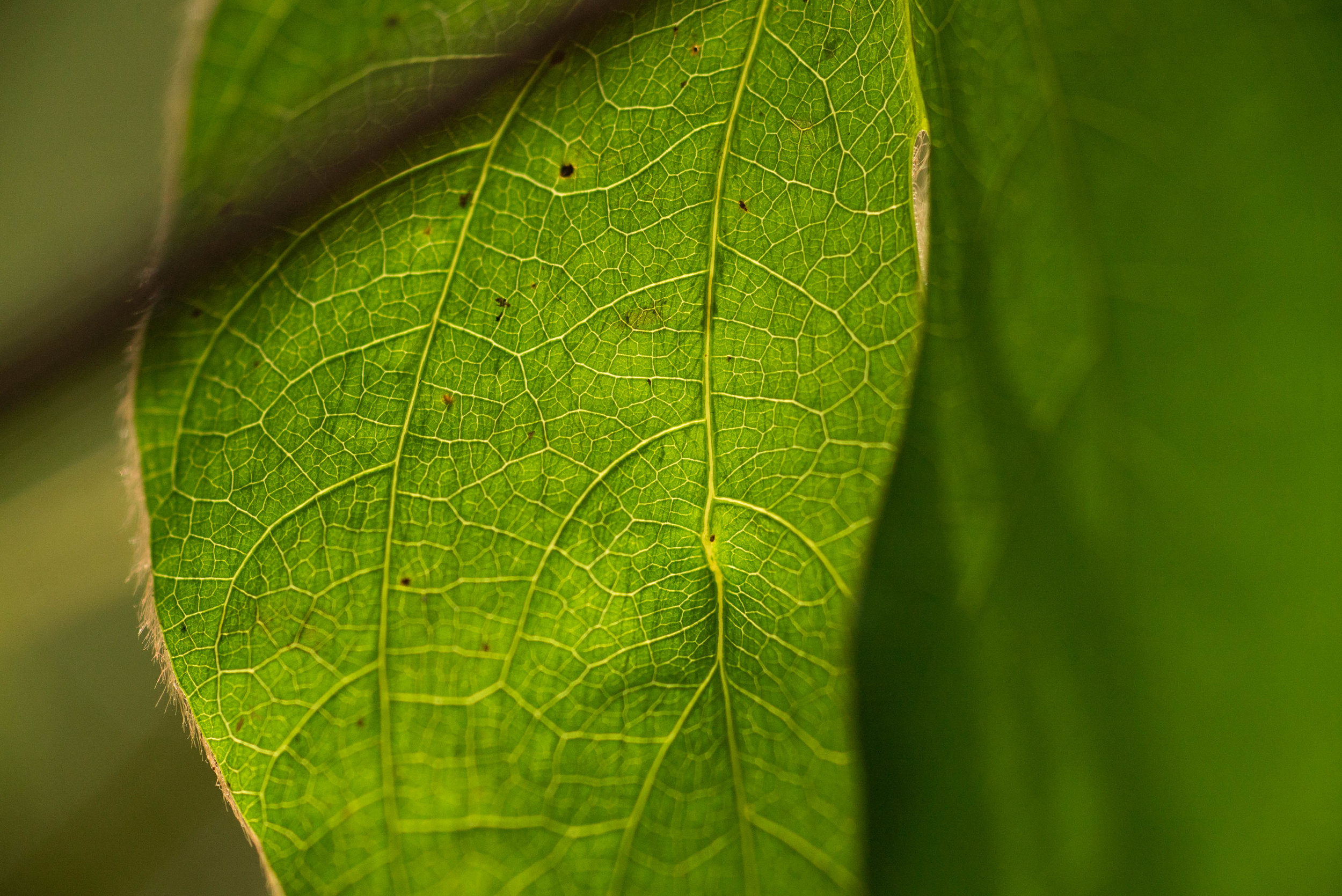I decided to take a detour to Brazil in order to visit a friend, Gabriela Rezende, who is working in the Atlantic Forest with endangered black lion tamarins. Here I had another stroke of luck, although I didn't really realise it at the time. I left Puerto Maldonado in Peru and after 4 days travelling I made it to the field site, a few hundred miles west of Sao Paulo. When we arrived there was news awaiting us. One of the groups she is radio tracking had decided to sleep in a particularly convenient tree hole, which meant we could attempt to capture them in the morning to change their collars. Cool, I thought, this sounds exciting.
Before dawn we headed into the forest to find them.
They weren't terribly happy to be woken up, but the little family of four were safely removed from the tree and weighed, one of them had its collar changed and another made a little more comfortable. Among the family was this particularly adorable baby as well.
Success, I thought, a pretty cool day in the office for these guys... what I didn't realise until afterwards, is that Gabi and her team had been attempting to capture this group for nearly a year! These animals almost always sleep too high in the tree, or too deep into a thick trunk. It all happened so quickly I hadn't realised this is not a usual day in the office. I felt pretty incredibly lucky to see these guys up close on my first day, and get some shots that will hopefully be really helpful for IPE, the conservation organisation she works for.
What I also realised a few days later, is that a normal day of work for her team is nails. Radio tracking these monkeys involves waking up at 3.30 and basically running through a ridiculously sweaty jungle for 13 hours. When they move they move fast (think monkey crossed with a squirrel) and the Atlantic Forest is basically just vines, everywhere. Its also kind of dangerous, because of the rather well camouflaged rattlesnakes. Luckily the one I nearly stepped on warned me just in time, that its important not to spend too much time looking up into the canopy.
As you can imagine filming these tiny primates high up in the trees when they don't really stop moving is a big challenge. Keeping my tripod out meant being completely tangled in plants if I tried to move anywhere, packing it away meant that when we spotted them, I rarely had time to set up my camera before they were off.
Again I felt very privileged to have been able to film a capture. And I have a massive new found respect for primatologists.
But I think I'll stick to herps, thank you very much.






















